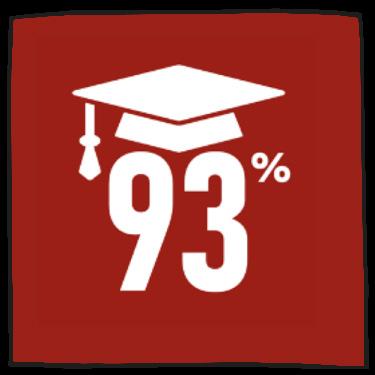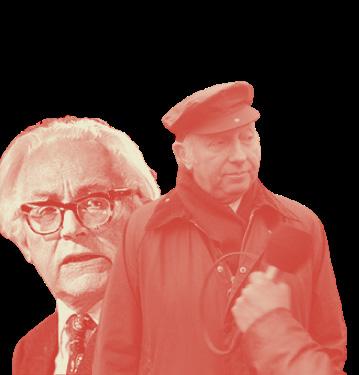The politics of hope Danny Leach, PPE at Pembroke College
20
Hope is one of the single vaguest concepts in politics. It is a perfectly political term because it is perfectly malleable -wielded by whomever is worthy. It is rare that an election is won without someone in the commentariat claiming that the victors seized the mantle of hope. Whether we’re talking about Obama’s 2008 presidential campaign, the EU referendum, or even Boris Johnson’s “boosterism” in 2019, there is always someone willing to claim that victory went to those who promised something better. But when the world seems so depressing, the question of who gets to claim hope becomes more important than ever.
look left MT20
It should be noted that elections are not always won on a tide of sunshine and feel-good music by D:ream. Elections are often won by safe pairs of hands and grey politics. This principle has proven itself time and time again: nobody could reasonably accuse Theresa May of running an upbeat campaign with an ambitious platform and she still hung on, if narrowly. As gratifying as Donald Trump’s defeat was, Biden winning was also really a demonstration of the desire of many in the electorate to make politics boring and normal. However, the circumstances must be entirely exceptional to win as an opposition candidate on a platform of business as usual; there is a good reason why incumbency is so powerful in politics. Of course, Labour is in power in one of the governments in the UK. Mark Drakeford in Wales is an almost perfect embodiment of the calm social democrat whom you might trust to look after your children’s schools and your grandma’s healthcare. But as the left languish in opposition and weakness across most of the West, socialists and social democrats with a serious record
in government to leverage in their favour are in short supply. Those that have been in government over the past decade - a time when austerity was rife across the world - have little to celebrate or boast of in their record. Three of the four Merkel administrations in Germany have been propped up by the SPD, which even when governing alone in the early 2000s introduced the neoliberal Hartz IV reforms. PASOK managed to destroy themselves trying to implement EU cuts and the Socialist Party in France won a derisory 6.4% of the first-round vote in the 2017 presidential election. It would be easy to say that it is the ideological character of right and left that determine some iron rule where the left must advocate change and hope in order to actually win. After all, the Conservatives aren’t called that for nothing. If you defend a status quo, if you represent politics as it is, are you not small-c conservative by definition? Well, maybe. The sad reality is that the language of hope can be, and has been, co-opted by the right. There is no one archetype of a right-leaning politician who steals the clothes of hope. From David Cameron telling Blair “he was the future once” in 2005, to Boris Johnson and his promises of a post-Brexit land of milk and honey in 2016, they take many forms. In the good times, people will vote for incumbents, technocrats, or really anyone who can claim some part in the country’s success. In the bad, we want to believe there is something better to come, no matter who says it and no matter how they promise to do this. The politics of something so vague as hope could never be constrained by the detail of policy.








